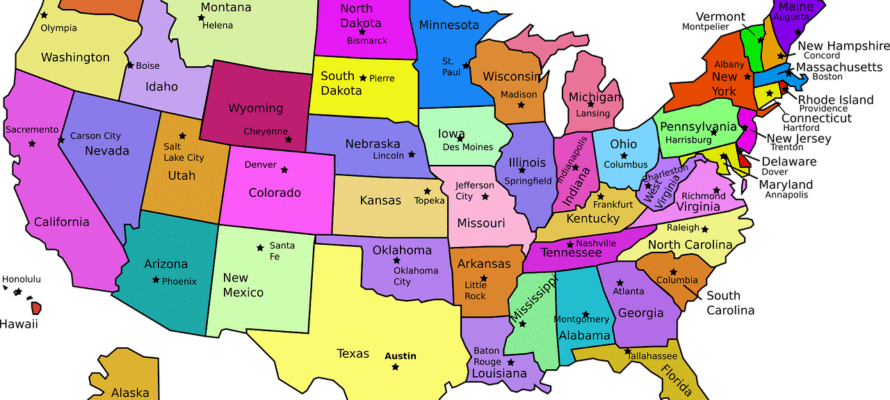
How many times have you heard, “You can’t take it with you?” Usually, this is said in the context of encouraging someone to think less about their accumulated possessions, and more about spending time with friends and family. It is true you can’t take it with you, so the question becomes “What happens to all your stuff when you are no longer around?” The answer is, as is always the case with legal questions: “It Depends.”
What a terrible answer. Makes you want to scream: “It Depends? Seriously??? It depends on what?”
Glad you asked. It depends on what your plan is and how the plan is carried out.
If you don’t have a plan, the government has been kind enough to create one for you. Since I practice in Colorado, we will talk about Colorado’s plan. The Colorado State Legislature has created a plan for those who die without a will, called the “Intestate Statute.” Intestate means to die without a will. If you die without a will in Colorado, then the “Intestate Statute will dictate how your assets will be distributed, and these are the default rules. This set of laws consists of dozens of statutes that describe how assets are to be distributed at a person’s death. Even the basic statutes are over 50 pages long printed out. The manner of distribution can be complex, especially if someone’s life situation is complicated.
The Down Side of Not Taking Action
Many of my clients describe how they think things will be distributed by the government, confusing how they think thing should go with how they are actually described in the law. I cannot tell you how many times I have heard the statement, “Well, everything automatically goes to my spouse [kids, relatives, etc.], and that is the way it should be.” If a person is on their first, and only marriage, this may be the case, but if a second marriage is involved, and kids from previous marriages, the Colorado statutes have a complicated formula to split up assets at that point.
The Up Side (To Getting A Plan!)
So, the question of how to distribute assets at your death is better left up to you, and not to the Colorado State Legislature. When you have your own will or estate plan, you will not be subject to the default rules of the “Intestate Statute,” but rather you can modify those rules to make sure what you want to have happen will occur. You can dictate where you want your assets to go, how many of your assets you want distributed to certain people, and even when to distribute those assets, if you use a trust. Your plan can reflect what you want, not what the Colorado State Legislature says will happen if you do not plan.
Who Carries Out This Plan? (Pro Tip: It’s Important)
Possibly even more important than your plan, is who will carry out the plan. One of history’s most notorious figures, Josef Stalin, said that who counts the votes is more important than who votes, and for whom, because the counter can simply change the vote and control the outcome. Voting requires a great deal of integrity in the counter, as does the one who carries out an estate plan.
If you create your own plan, you can decide who carries out the plan. You can pick someone you trust, not some random stranger appointed by a court, or someone who has ulterior motives to carrying out your wishes. Only when you create your own plan can you be sure that you are able to pick someone to carry out your wishes.
Creating your own plan can be a daunting process, one that can seem too much to handle. Let an experienced estate planning attorney help guide you through the process to create your own plan. Schedule an appointment today to start creating your own plan, with the help of someone who knows how to help you get what you want!

 720-730-7274
720-730-7274









